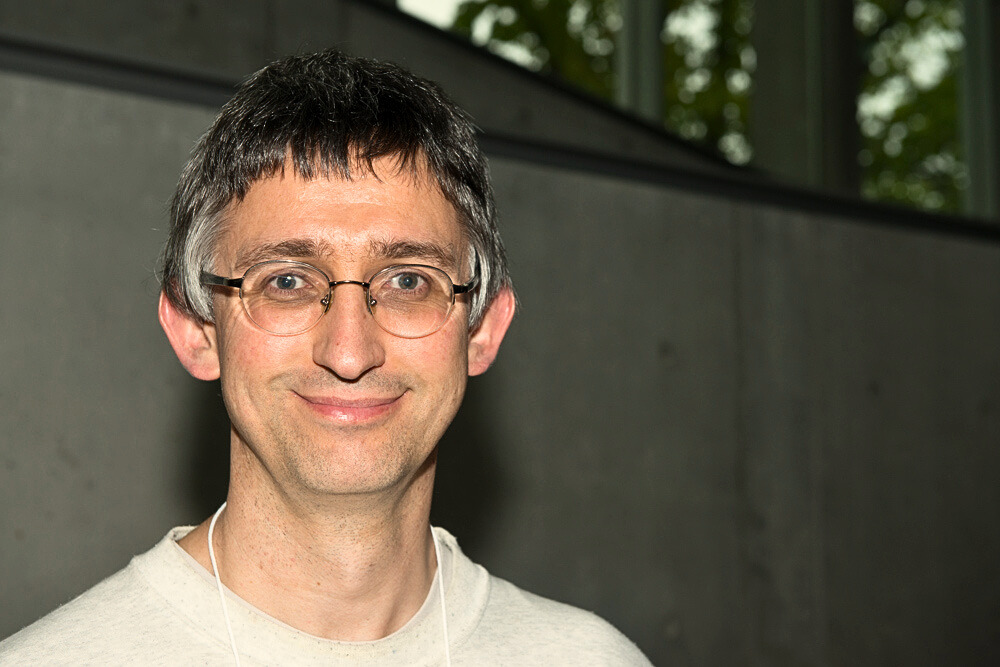The Euclid Satellite: Exploring the Dark (and Light!) Universe
Georg Rieger (rieger@phas.ubc.ca) and Brett Gladman (gladman@astro.ubc.ca)
All are welcome to this in-person event!
Abstract:
Euclid has been designed to probe the "dark cosmos", using gravitational lensing and galaxy clustering to map the distribution of dark matter and measure how dark energy is affecting the expansion of the Universe. To do so, Euclid performs optical and near-IR imaging, plus spectroscopy, for roughly 1/3 of the sky. This European Space Agency mission has a science team with 2000 members, including about 30 from Canada (and 3 UBC faculty). Euclid launched in July 2023 and is working well, mapping 10 square degrees every day. With its wide-field imaging from a space environment, the images coming from Euclid are spectacular - you can't study the dark Universe without learning a vast amount about the light Universe! Although the main cosmology results will take years to uncover, Euclid is already telling us new things about the structure and evolution of our own Galaxy and the billions of other galaxies that will make up its final data set.
Bio:

Physical Cosmology can be split into two major branches: the detailed study of how structure formed; and the investigation of the parameters which describe the entire Universe. My research involves several different parts of both of these branches.
In the last couple of decades we have been measuring observable quantities that describe the Universe on the largest scales, e.g. anisotropies in the cosmic microwave background, the clustering of galaxies and gravitational lensing. The most extraordinary thing that we have been learning about cosmology is that these measurements can be fit with a simple model requiring just a handful of parameters. This immediately makes us wonder why such a simple model works, why the parameters have the values they do, and how exactly the Universe grew from this simple state into the richness of astronomical objects that we see all around us today.
I have been part of large collaborations (e.g. Planck, Herschel survey teams) and smaller experimental collaborations (SCUBA-2, BLAST, ...), but also work with students on independent observational and theoretical projects across a range of projects in astrophysics and cosmology.
Learn More:
- See Douglas Scott's Department of Physics & Astronomy faculty page here: https://phas.ubc.ca/users/douglas-scott, and his research website here: https://www.astro.ubc.ca/people/scott/basic.html
- Read about Euclid (European Space Agency): https://www.esa.int/Science_Exploration/Space_Science/Euclid/Zoom_into_the_first_page_of_ESA_Euclid_s_great_cosmic_atlas
Links:
- Cosmic Wave background (Douglas Scott): https://www.astro.ubc.ca/people/scott/cmb.html
- Gravitational Lensing (European Space Agency) https://esawebb.org/wordbank/gravitational-lensing/
- Dark Matter and Dark energy (NASA): https://science.nasa.gov/universe/dark-matter-dark-energy/
- See Douglas on youtube explaining, "What's wrong with the universe?" https://www.youtube.com/watch?v=UcjBtcXIaHQ